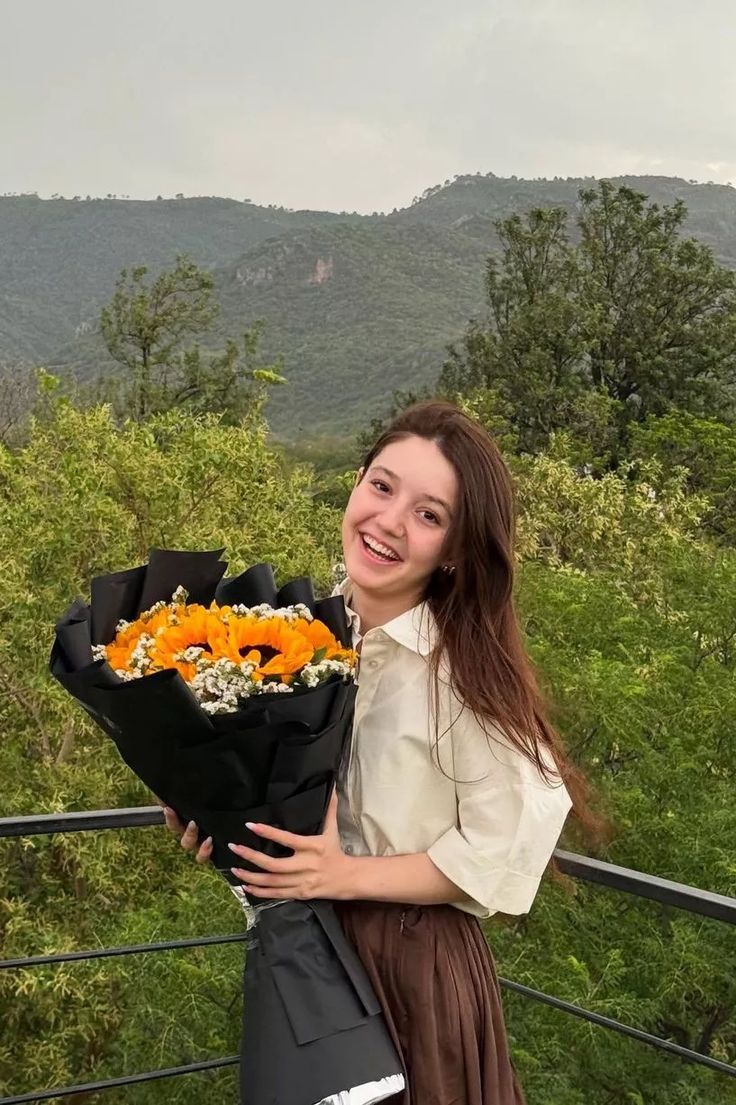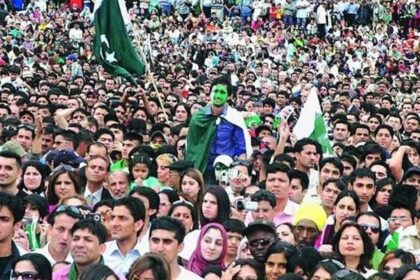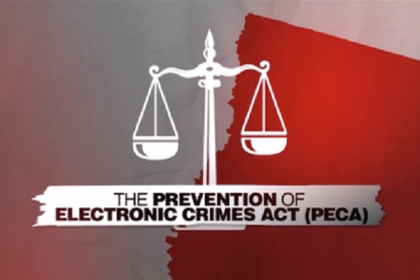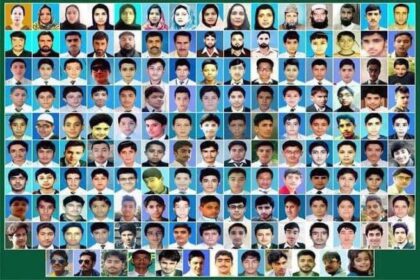Pakistan has somehow always been caught up in a web of confusion and protest — the people lose their lives, a country-wide outrage occurs, and in a few days, it’s all gone.
Names forgotten, protestors jailed, and the victims are now remembered as hashtags.
Police Brutality and Delayed Justice
Police brutality and delayed justice are something that seems to spill all over the country; victims are blamed and perpetrators freed just because they’re rich or from a ‘respected’ family.
Though that’s not where the problem mainly lies — according to some, it lies within the government. People are easily bought and bribery is something that cradles most of us close, being the easy way out of everything.
From Human Lives to Hashtags
Seeing injustice such as this occur makes a fire burn within the nation; citizens rally for their rights, and people killed because of it are used as examples. They’re either turned into mere statistics or hashtag movements.
I don’t know which is worse.
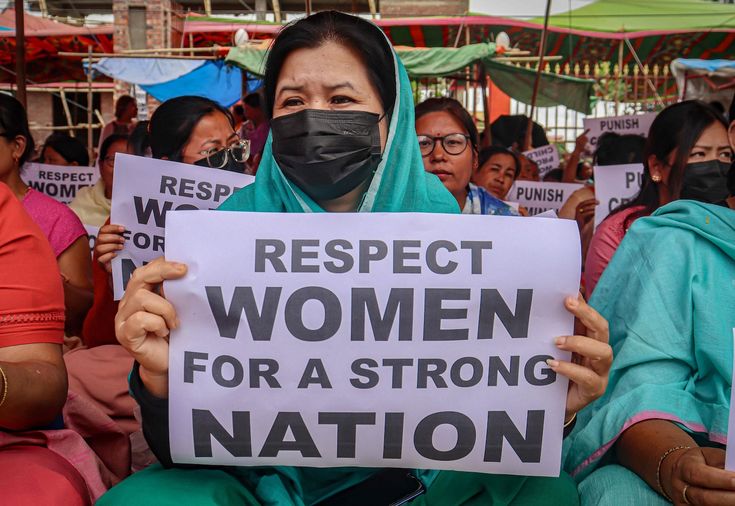
The Case of Sana Yousaf – Killed for Saying “No”
Before moving forward, a name seems to haunt this narrative: Sana Yousaf.
A beautiful soul whose life was taken by a man named Umar Hayat, just because she said ‘no.’ Some may look at this as a person handling rejection poorly, or an internal issue, but what we should look at is the fact that this ideology was stemmed in that man by us.
Media’s Role in Normalising Violence
Our media, dramas, and literature have uneasily grown towards violence, which the government allows. People have bought their way out of justice after committing heinous crimes, and our films display this as ‘power’ or ‘coolness.’
Hashtags and Their Limits
After what happened with late Sana Yousaf, a hashtag managed to form — #JusticeForSanaYousaf — but we must ask ourselves: is this useful? Will it yield results? Would this make our country safer for those of us who remain?
The Case of Usama Satti – 22 Bullets from the Protectors
If we look back at our past, we see a lot there too. Usama Satti — a young Pakistani man, with dreams like you and I — was shot 22 times on the Srinagar Highway (17 bullets hit him) by our very own protectors, the police.
The Express Tribune wrote:
“…On January 2, 2021, at around 2 am, Osama had gone to drop his friend off in Sector H-11. When he was returning, the police officials had intercepted his vehicle in Sector G-10, Srinagar Highway and fired at him from all sides…”
Online Outrage and Justice
This brutality led to widespread rage expressed by the country, and many took it into their own hands to protest. Millions condemned the act on social media, and the hashtag #JusticeForUsamaSatti was born.
The killing was deemed an extrajudicial murder, and the culprits were sentenced to death. But the question remains — what real role did this digital activism play?
Naqeebullah Mehsud – A Fake Encounter that Shocked the Nation
A few years back, another young man lost his life to a fake encounter staged by Rao Anwar, SSP of Karachi’s Malir District. Muhammad Naqeebullah Mehsud was killed on 13 January 2018 in Karachi. He was abused, kidnapped, and tortured, leaving behind a wife, two daughters, and a son.
The Public Reaction
The turnout was the same — civilians were consumed with shock and rage, video essays were made, his life was mourned, and ultimately turned into a debate: People VS Government, Abusers VS Innocents.
Many joined the side that distrusts the government and police, but did any of us stop to think what role we played?
The Bigger Picture – Brutality by the Numbers
In the first six months of 2020 alone, it was reported that 171 encounters with the police took place.
These are just the reported incidents — countless others go unrecorded. How many lives have been ruined quietly, away from public knowledge? How many hashtags will it take before justice becomes the norm?
Moving Beyond Hashtags – Real Change Starts at Home
To bring structured change and end abuse of power, hashtags or online debates will never be enough.
Whether it’s Usama Satti, Naqeebullah Mehsud, Hayat Baloch, or hundreds of others — remembering their names is not enough.
As a nation, we must address deep-rooted issues within our households, confront the culture that enables violence, and take a stand for what’s truly ours: our lives and honour.





